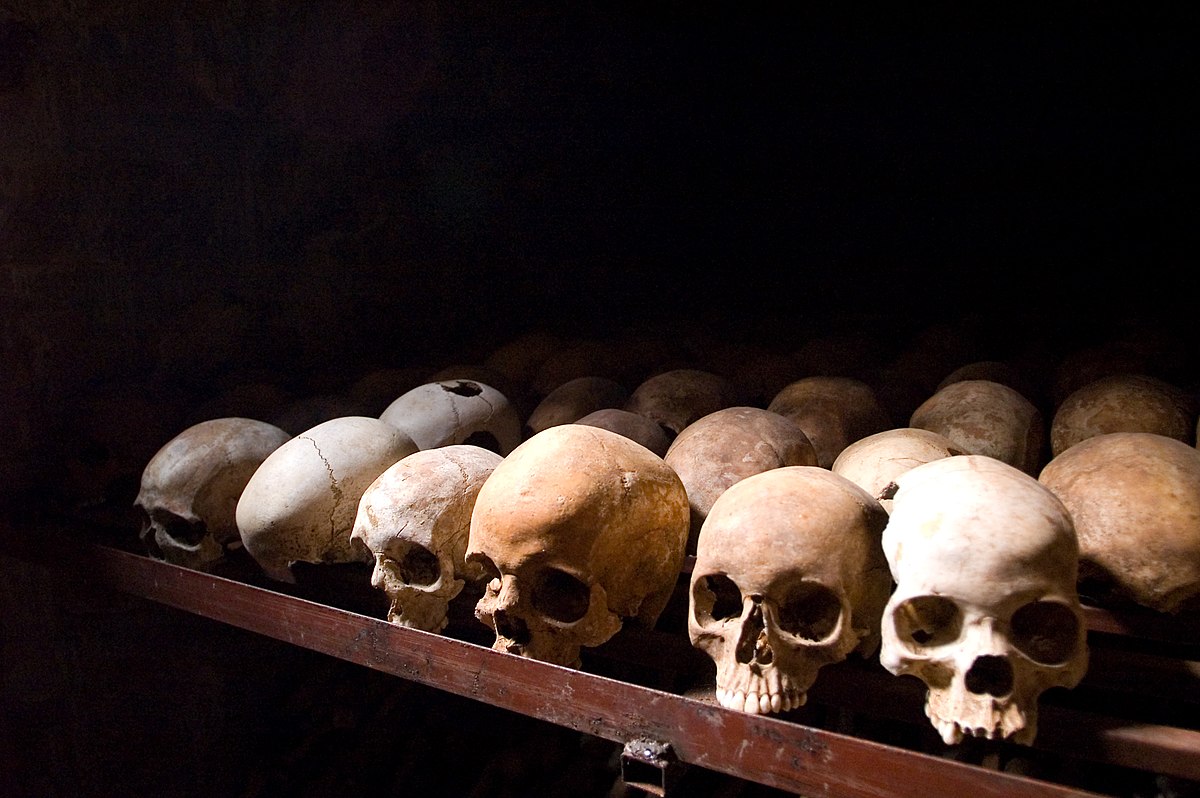I think that ignoring how capital changed the way Socialism or Marxism could be implemented is also incredibly important in understanding why a country like Cuba for instance would move to an “authoritarian” government.
The base goal of a democratic system is to understand the will of the people in a meaningful way by giving them directly a chance to vote on the way their country will move. But there’s an incredibly flawed concept in that you can only vote within a single time frame for one specific vote, this is alleviated by democracies doing things like, primaries and multiple elections to try and better gauge the basis of their people, but it’s an amazing flaw that has been taken advantage of during its entire existence. Why is this singular time frame a major flaw? Because it means that you no longer get the will of the people, but instead get the will of the people at a very specific moment. That moment, as we’ve seen with American politics, can be shaped and changed by new information, or most importantly, by a changing narrative that can be shaped by forces outside of your control. This is why political advertising is so important to a candidate, and why politicians currently spend millions upon millions (probably closer to billions)of dollars in seen spending.
This normally wouldn’t be an issue if “outside sources” were mostly based around national opposing forces. But, as we’ve seen with Israel, it’s actually very easy for political narratives to be shaped by international influence, even some strident libs will say that “Russia stole the election” in 2016, and part of that was an influence campaign of narrative. For capital, this isn’t a problem, because no matter what outside influence you have, you will reinforce capital at the expense of the people of said nation. Russia may have theoretically, “stole the election,” but both forces in this case, America and the Russians, will both work inherently to defend capital against competition.
So here you are as Cuba, a country that has seen vast quantities of wealth fleeing from the country, and thus lack hard money in the current economic system. Not only that, their opponent is literally the richest and most powerful nation on earth at the time, and by a very large margin at that. Without authoritarianism of some sort, the socialist agenda of the country will merely fall due to the emotional nature of elections within a moment. It’s literally impossible to be in “good times” all the time, and soon a Socialist nation will have disease, ecological issues, or simply random fluctuation within an international economy can lead to exports becoming valuable and devalued at a moments notice. People who are upset will vote against the ruling party, and new leader will get put in charge. This would be fine if the competing ideology respected socialism in any meaningful and human way, but as we have seen time and time again, capital would rather have a mass murdering dictator take control rather then a respected middle of the road leftist, which means capital, with its vastly superior resources, will push somebody who will effectively not only end the revolutionary struggle to change their government, but also will act to dismantle the socialist and democratic movement in place. Capital has the inbuilt advantage of being in power and having way more wealth, and thus your ability to have free and fair elections with groups who are interested in maintaining your democracy are incredibly limited.
If the Capital didn’t intervene on the tons of time socialism achieved electoral victories, then we’d have a much much different idea of what Socialism would inherently be. But that’s the reason it’s so linked to “authoritarianism.” It’s very very difficult to do with antagonistic international capital.




